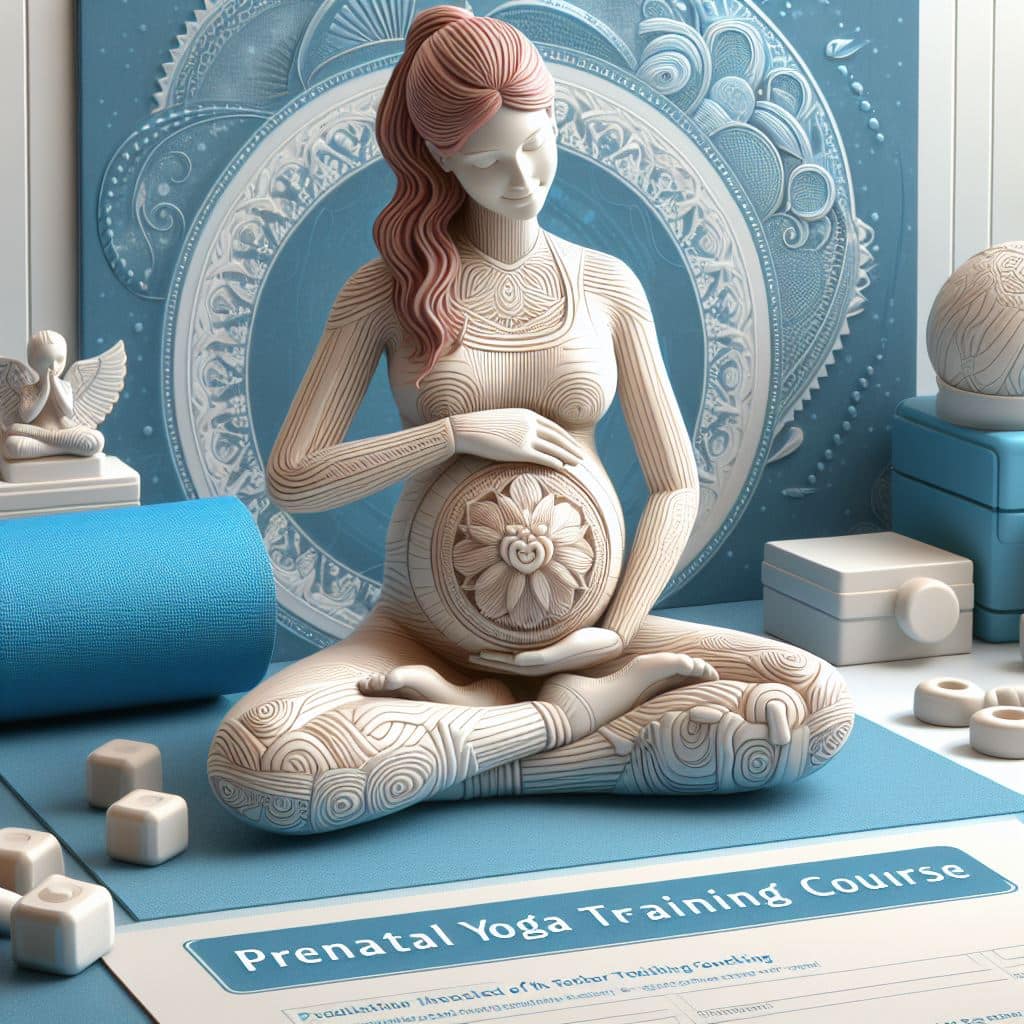Prenatal yoga is a specialized form of yoga designed for pregnant women. It focuses on gentle stretching, breathing techniques, and relaxation to support the physical and emotional well-being of expectant mothers. Prenatal yoga classes typically include:
- Breathing Exercises: Techniques like deep belly breathing and alternate nostril breathing help pregnant women manage stress, improve oxygen flow, and connect with their changing bodies.
- Gentle Stretching: Yoga poses are modified to accommodate the pregnant body, focusing on gentle stretches that release tension, improve flexibility, and alleviate common pregnancy discomforts like back pain and tightness.
- Strength Building: Prenatal yoga incorporates poses that strengthen the muscles needed for labor and childbirth, such as the pelvic floor muscles, thighs, and lower back. These exercises can also help improve posture and balance during pregnancy.
- Pelvic Floor Exercises: Specific exercises target the pelvic floor muscles, which play a crucial role in supporting the uterus, bladder, and bowels. Strengthening these muscles can aid in labor and postpartum recovery.
- Relaxation and Meditation: Guided relaxation techniques and meditation help pregnant women reduce stress, promote better sleep, and cultivate a sense of calmness and mindfulness during pregnancy.
- Community Support: Prenatal yoga classes often provide a supportive environment where expectant mothers can connect with each other, share experiences, and receive encouragement and guidance from qualified instructors.
Overall, Prenatal Yoga aims to promote physical fitness, emotional well-being, and a positive pregnancy experience by offering tailored practices that address the unique needs of pregnant women.
A Prenatal Yoga Course is essential for Yoga Instructors/Teachers for several reasons:
- Specialized Knowledge: Prenatal yoga requires specific knowledge about the changes and challenges pregnant women face during each trimester. Instructors need to understand the physiological and emotional aspects of pregnancy to design safe and effective yoga practices.
- Safety Concerns: Pregnant women have unique physical needs and limitations. Yoga instructors must learn how to modify poses, avoid contraindicated positions, and provide a supportive environment to ensure the safety of both the mother and the baby.
- Empathy and Understanding: Pregnancy is a transformative experience, and instructors who are trained in prenatal yoga can empathize better with their students. They understand the physical discomforts and emotional fluctuations that pregnant women may experience, allowing them to offer more compassionate guidance.
- Tailored Practices: Prenatal yoga classes are tailored to address common issues like back pain, stress, fatigue, and preparing for labor. Instructors learn specific techniques and sequences that support the overall well-being of pregnant women, promoting relaxation, strength, and flexibility.
- Building Trust: By taking a Prenatal Yoga Course, instructors demonstrate their commitment to providing specialized care to pregnant women. This builds trust among expectant mothers, encouraging them to engage in yoga practices that can benefit them throughout pregnancy and beyond.
Overall, a Prenatal Yoga Course equips instructors with the knowledge, skills, and sensitivity needed to support pregnant women on their yoga journey, promoting physical health, emotional well-being, and a positive pregnancy experience.

